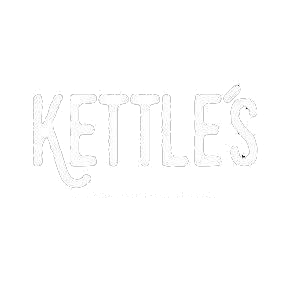Whistle-Blowing: A Facebook Foul Up
Category Advice
“Whistleblowing should be encouraged. Employees who risk occupational detriments by making bona fide and reasonable disclosures about irregularities at the workplace if their attempts to have the employer address such irregularities, fall on deaf ears, must be protected”
(extract, Labour Court judgment below)
In an earlier legal update post (see post entitled “Whistle(Blowing) While You Work” distributed on 20 October 2014), we looked at the case of a mining engineer who was dismissed by his employers after he made public disclosures relating to the inadequacy of their pollution prevention measures. The Court set aside his dismissal after finding that his disclosures were protected in terms of the Protected Disclosures Act (“PDA”).
“Foul Air!” he cried (online)
“Fair is foul and foul is fair
Hover through the fog and filthy air”
(Shakespeare, quoted in the judgment)
The other side of the coin is illustrated in another recent case where the dismissal of a hospital electrician was confirmed as fair –
- The electrician complained to management about a number of alleged health risks in the hospital, primarily of filthy air emanating from the foul toilets and circulating through the air conditioning;
- The hospital replied that in its opinion there was no health hazard;
- The employee nevertheless published on Facebook a series of comments, photographs, copies of internal hospital correspondence, and complaints such as: “…..filthy toilets are causing foul air to enter the air conditioning system and be pumped into the hospital wards”;
- He was told that his concerns had been investigated and, to the extent that they were valid, had been addressed;
- He was also told to report any further concerns to the hospital’s Occupational Health and Safety authority;
- He ignored this and other written instructions, including a “final instruction” to stop his publications on Facebook;
- When he persisted, he was fired for “gross insubordination” after a disciplinary hearing;
- Having failed in appeal and conciliation processes, he asked the Labour Court to find that his disclosures were protected by the PDA.
The fair dismissal finding
Finding that the disclosures were not protected in terms of the PDA, the Court confirmed the employee’s dismissal, despite accepting that he “acted out of a sense of duty, albeit misplaced, and that he genuinely believed in his cause”.
The employee’s problem was that good faith is not enough; there is also a requirement of reasonableness. His belief that the dirty toilets posed a health risk through the air conditioning system was, held the Court on the facts, not reasonable. Nor had he made the disclosure in a “responsible manner”, nor in compliance with the full statutory requirements and procedures mandated by the PDA. In fact, his Facebook publications were not even “disclosures” because the problems complained of were “notorious” information and already well known.
And finally: The Facebook Factor
Finding that the publications on Facebook were “unfair” as well as “unreasonable”, the Court commented that: “The internet is, unlike the press, not subject to editorial policy: there was no prospect of a moderator contacting the Hospital for its side of the story so that the public be given a balanced perspective.”
That surely fires a warning shot across the bows of any employee unwise enough to rush into venting complaints or concerns online.
THE FACT IS THAT THE FULL REQUIREMENTS OF THE PDA ARE COMPLEX, SO TAKE PROPER ADVICE IN ANY DOUBT!
Author: Bisset Boehmke McBlain Attorneys



















